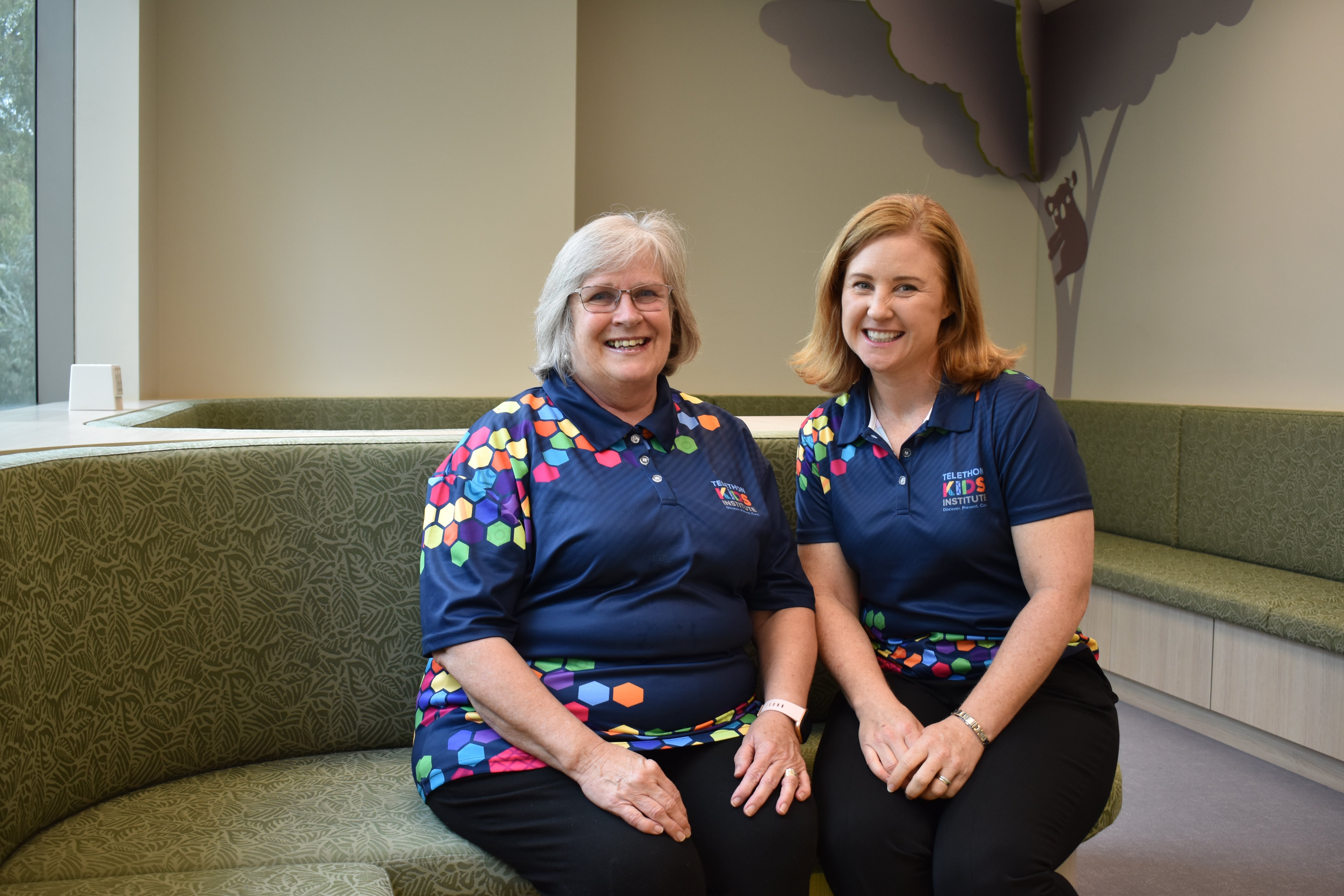Search
Showing results for "autism"
Research
Cannabis for refractory epilepsy in children: A review focusing on CDKL5 Deficiency DisorderThis review provides the first comprehensive overview of the potential role for cannabis based preparations in the treatment of CDKL5 Deficiency Disorder
Research
Longitudinal effects of caregiving on parental well-being: the example of Rett syndrome, a severe neurological disorderOur findings suggest that some opportunities do exist for clinicians to help optimise parental well-being
Research
Requirements for improving health and well-being of children with Prader-Willi syndrome and their familiesPrader-Willi syndrome (PWS) is a rare genetic condition with multi-system involvement
Research
Medical Comorbidities in MECP2 Duplication Syndrome: Results from the International MECP2 Duplication DatabaseSince the discovery of MECP2 duplication syndrome (MDS) in 1999, efforts to characterise this disorder have been limited by a lack of large datasets, with small case series often favouring the reporting of certain conditions over others. This study is the largest to date, featuring 134 males and 20 females, ascertained from the international MECP2 Duplication Database (MDBase).
Research
Initial assessment of the StepWatch Activity Monitor™ to measure walking activity in Rett syndromeIn girls and women with Rett syndrome, we assessed the accuracy of the StepWatch Activity Monitor™ and investigated relationships between daily step counts,...
These resources include the best available evidence about the course of Rett syndrome and its management as well as practical information about family associations, specialist clinical centres and links to relevant websites.

News & Events
New team members!CliniKids recently welcomed Gayle, Tarryn and Emma to the clinical team. The clinicians will be located out our new Joondalup clinic, which will be welcoming families in Term 4.
Research
Caregiver Perspective of Benefits and Side Effects of Anti-Seizure Medications in CDKL5 Deficiency Disorder from an International DatabaseCDKL5 deficiency disorder presents as a challenging condition with early-onset refractory seizures, severe developmental delays, and a range of other neurological symptoms. Our study aimed to explore the benefits and side effects of anti-seizure medications in managing seizures among individuals with CDKL5 deficiency disorder, drawing on data from the International CDKL5 Disorder Database.
Research
Hospital admissions in children with developmental disabilities from ethnic minority backgroundsChildren with CP and intellectual disability, particularly from minority backgrounds, were at higher risk of being admitted to hospital after the first year of life
Research
Exploring quality of life in individuals with a severe developmental and epileptic encephalopathy, CDKL5 Deficiency DisorderCDKL5 Deficiency Disorder (CDD) is a rare genetic disorder caused by a mutation in the cyclin-dependent kinase-like 5 (CDKL5) gene. It is now considered to be a developmental and epileptic encephalopathy because of the early onset of seizures in association with severe global delay. Other features include cortical visual impairment, sleep and gastro-intestinal problems. Progress in clinical understanding, especially regarding the spectrum of functional ability, seizure patterns, and other comorbidities was initially slow but accelerated in 2012 with the establishment of the International CDKL5 Database (ICDD). Our aim was to use this data source to investigate quality of life (QOL) and associated factors in this disorder.
